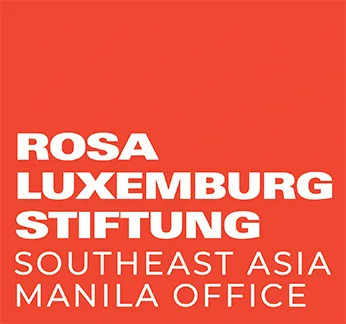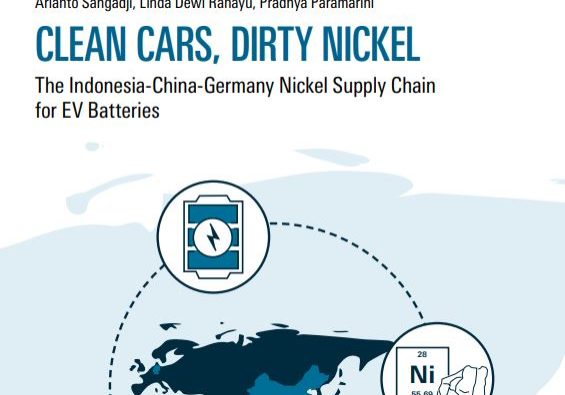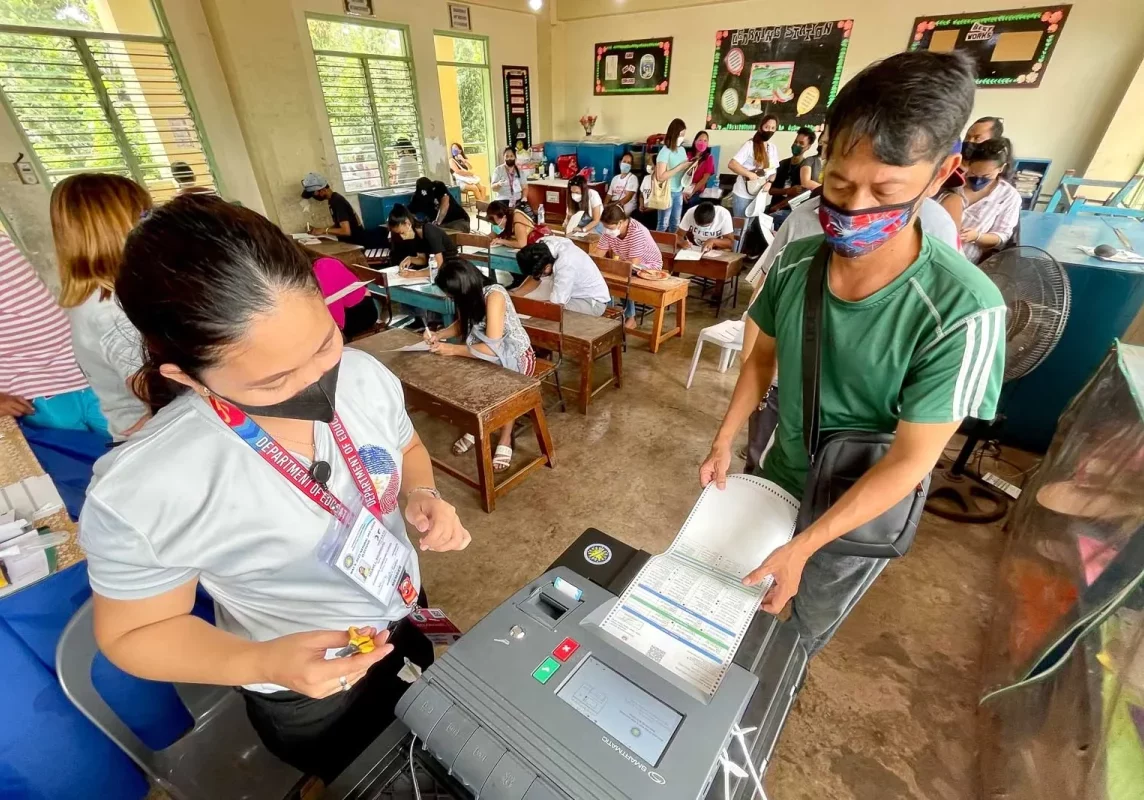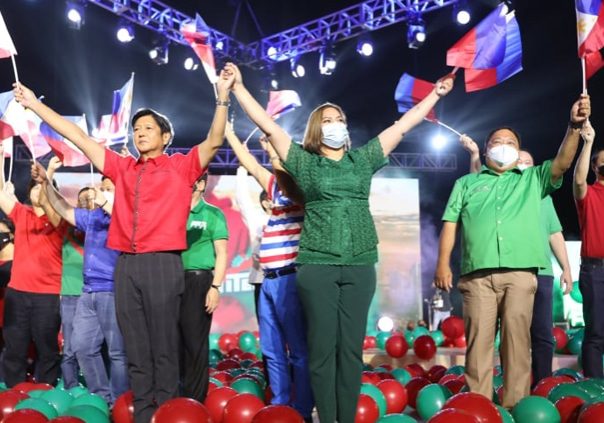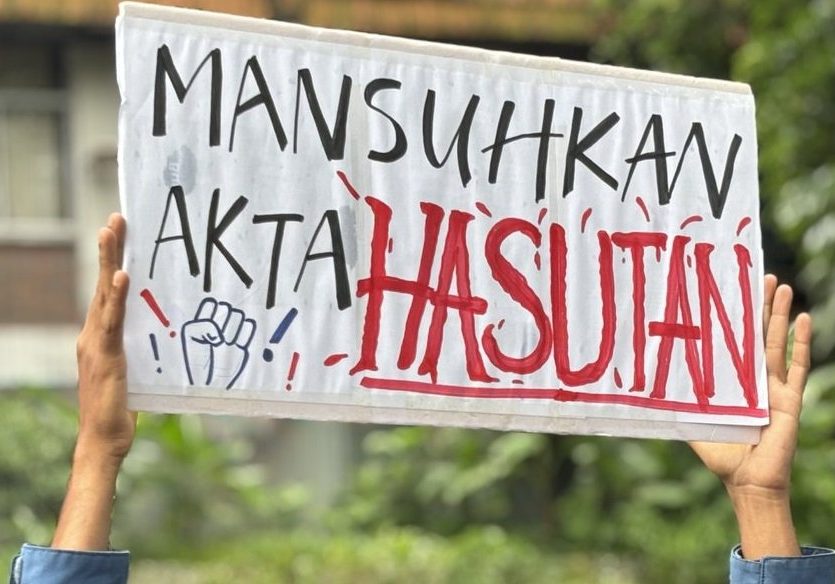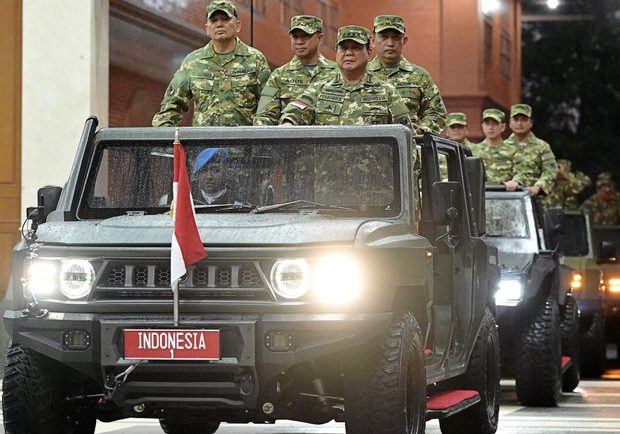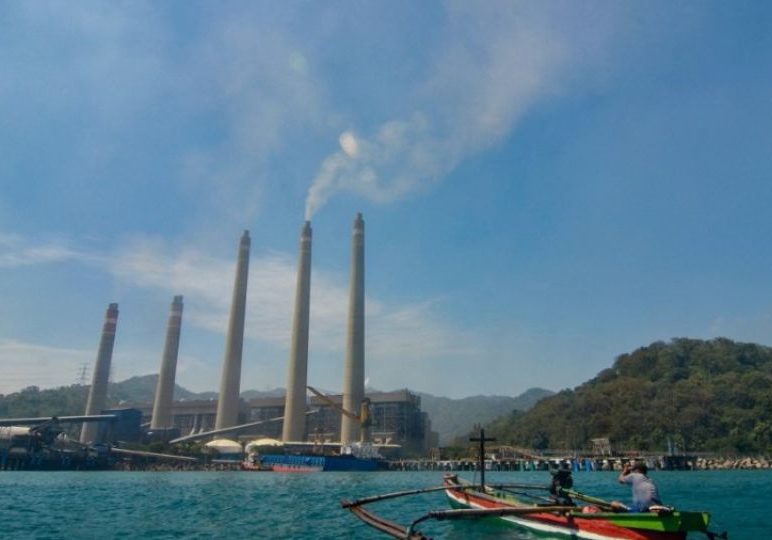Share
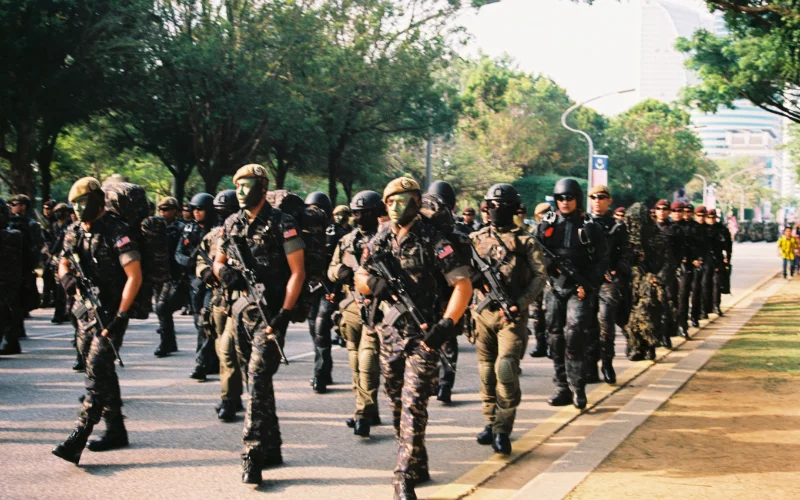
The Indonesian decolonization war years were a complex process in an endless conflict involving political and military leaders, diplomacy versus armed struggle, the Republican government in Yogyakarta, communist and radical Islamic groups, and social bandits, as well as the conflict between the republican government and political elites in the Indonesian periphery.
The rivalry and conflict were ended in 1965 with the emergence of Suharto as president of the New Order, the militaristic capitalist regime, which abolished all of his political rivals, including the PKI (Partai Komunis Indonesia, or Indonesian Communist Party) and the progressive labor movement as one of the vital forces in the struggle for independence and decolonization. The New Order enacted Law No. 1/1967 concerning Foreign Investment to attract massive foreign investment. It put an end to the decolonization process with its socialist vision.
